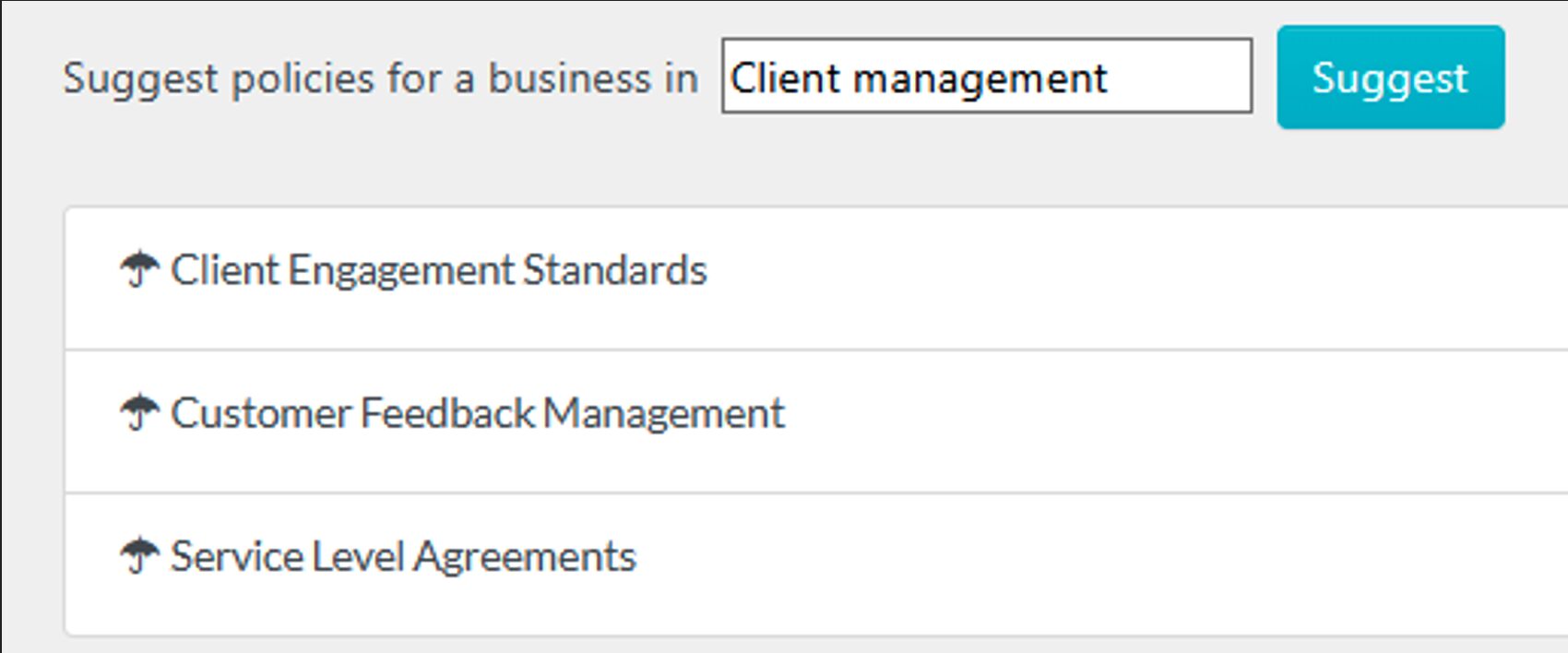Outsourcing Compliance: what you Need To Know - SMS
페이지 정보
본문
Among the most significant company trends over the last decade has actually been to outsource functions that are not core business activities. Cutting expenses and gaining competence are the two most common motivations for outsourcing. This trend has long considering that reached business compliance programs. Many questions surround this practice in the compliance arena.
Why Outsource Compliance?
The first concern is: why should a company engage an outdoors professional to assist in running the compliance program? The reality is that many compliance workplace jobs are routinely outsourced to vendors to make it possible for the compliance workplace to focus on the program's core . Hotlines, sanction screening services, and training programs are commonly outsourced functions.

Sometimes, a compliance officer's departure develops the requirement for support until the organization can employ a replacement. In others, an existing compliance program requires assistance to handle included obligations, such as compliance management or HIPAA privacy/security officer support.
When Should You Outsource Compliance?
Organizations decide to work with compliance professionals after recognizing weak points or spaces in their operations, such as vacancies in compliance, privacy or gatekeeper functions. Lot of times, federal government examination drives the decision to generate experts. Corporate Integrity Agreements mandate that a company confirms to having a completely functioning and effective compliance program.
Managed Care statutes need keeping an effective compliance program and alerting CMS when a compliance officer job occurs. And under the Affordable Care Act, CMS is needed to develop mandated compliance program requirements. Once these requirements are in impact, numerous will seek professional support to satisfy them.
Where Can You Find Compliance Outsourcing Services?
Where can companies discover needed compliance competence? The easiest starting point is inspecting the web to find professional journal posts on the subject. This can provide additional insight and recognize specialists on the topic. A search can also determine companies that may provide the needed services.
Who Should You Outsource Compliance To?
Who are some professionals that can fill gaps or supplement compliance programs, and have likewise developed, examined, and handled reliable compliance programs? They are people with hands-on experience in several scenarios and settings that make them specialists.
The following are examples of experts with comprehensive compliance program consulting experience, who have actually functioned as compliance officers in several functions:
Cornelia Dorfschmid, PhD, who has over 20 years of health care seeking advice from experience and has actually worked as designated/interim compliance officer for health center systems and doctor practices on several events.
Steve Forman, CPA, with 12 years as a healthcare specialist, ten years as VP for Audit/Compliance at a medical facility system, and has functioned as interim/designated compliance officer numerous times.
Suzanne Castaldo, JD, CHC, a knowledgeable specialist who has served as interim/designated compliance officer several times.

How Can You Best Outsource Compliance?
How can companies utilize compliance experts to its best advantage? Using competent professionals has lots of benefits, but the type in hiring them is to bring a maximum return of advantage for the cost by guaranteeing added worth. In addition to day-to-day management, think about consisting of a few of the following:

1. Examine the program to verify strengths and recognize chances for improvement;
2. Conduct an independent assessment of the program for senior management and board;
3. Review the Code of Conduct and other composed guidance;
4. Evaluate the quality and effectiveness of compliance training;
5. Assess high-risk areas that warrant attention;
6. Assess resources required to successfully run the compliance program;
7. Use professionals to identify and build metrics evidencing compliance program efficiency;
8. Use professionals to assist in recognizing and evaluating candidates for the long-term compliance officer position; and
9. Provide a "plan" for incoming compliance officers to follow.

What Level of Effort Should You Put Into Outsourcing Compliance?
What level of effort do companies need to utilize compliance professionals in compliance programs? Even for fairly large companies, a true compliance expert can hold the program together for numerous months without having to be on-site full-time. Most companies can run compliance programs effectively through using a specialist for 50-80 hours per month for as much as 6 months till having a permanent compliance officer in place ends up being important.
Smaller organizations and the majority of physician practices will need specialists for just half the time. Due to advances in technology, not all hours require to be on-site. However, the key is to have the professional on-call to resolve any emergent problems. Notably, the OIG has accepted that for smaller organizations, engaging a qualified expert as the Designated Compliance Officer may make more sense. The OIG mentions many factors for a company to think about utilizing an outside expert rather of a W-2 full-time staff member.
About the Author
Richard P. Kusserow established Strategic Management Services, LLC, after retiring from being the DHHS Inspector General, and has helped over 3,000 healthcare organizations and entities in establishing, executing and evaluating compliance programs.
- 이전글In-House Payroll Vs. Outsourcing Payroll: Key Factors To Consider 25.07.08
- 다음글Launch-Ready Sales Funnels with Instant Access to Pre-Approved Products 25.07.08
댓글목록
등록된 댓글이 없습니다.






 카카오톡
카카오톡